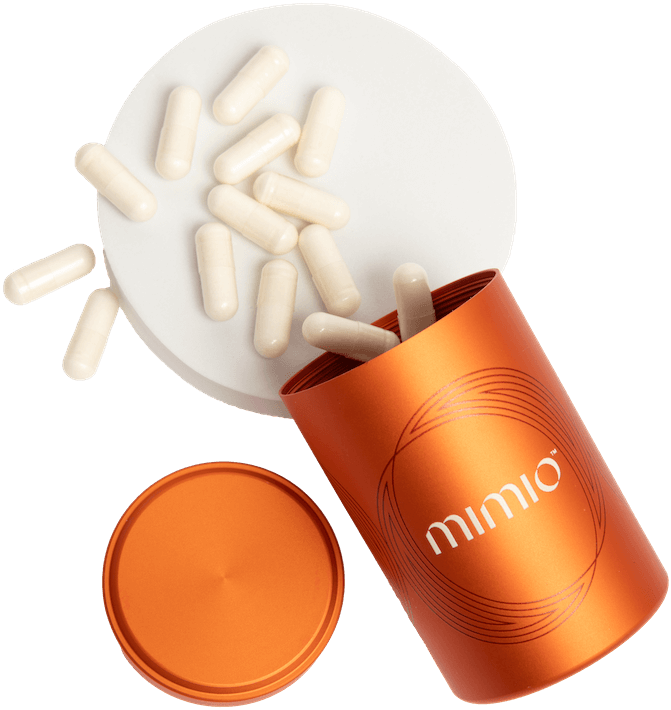If you’ve ever wondered why some people live to 100 and beyond, the answer might lie on their plates. In regions known as Blue Zones—where people consistently live longer, healthier lives—one dietary pattern keeps showing up: the Mediterranean diet. Rooted in whole, nutrient-rich foods and a culture of mindful eating, this way of eating is more than just a meal plan—it’s a blueprint for longevity.
What makes the Mediterranean diet so powerful, and why is it a common thread in Blue Zones? Let’s explore the science and practical lessons we can take from the world’s longest-lived communities.
What Are Blue Zones?
Blue Zones are regions around the globe where people live exceptionally long, healthy lives. Identified by researcher Dan Buettner, these five regions include:
-
Ikaria, Greece
-
Sardinia, Italy
-
Okinawa, Japan
-
Nicoya Peninsula, Costa Rica
-
Loma Linda, California
While these areas vary in geography and culture, they share key lifestyle traits, including strong social connections, regular physical activity, and a mostly plant-based diet. In Mediterranean Blue Zones like Ikaria and Sardinia, the dietary patterns align closely with what we now recognize as the Mediterranean diet.
The Core Elements of the Mediterranean Diet
The Mediterranean diet isn’t about strict rules or calorie counting—it’s a way of life centered on whole, minimally processed foods. Here are the core elements that make it a nutritional powerhouse:
1. Healthy Fats
The Mediterranean diet emphasizes unsaturated fats, particularly from olive oil, nuts, seeds, and fatty fish. These fats are rich in omega-3s and polyphenols, which help reduce inflammation and support heart and brain health.
-
Why It Matters: Inflammation is a major driver of aging and chronic disease. By keeping inflammation in check, healthy fats promote cellular repair and longevity.
2. Plant-Based Foods
A significant portion of the Mediterranean diet comes from plants—fruits, vegetables, legumes, and whole grains. These foods provide essential vitamins, minerals, fiber, and antioxidants.
-
Why It Matters: Plant-based foods support gut health, regulate blood sugar, and reduce oxidative stress, all of which are linked to slower aging and reduced risk of chronic diseases.
3. Moderate Protein, Mostly Plant-Based
Unlike high-protein diets, the Mediterranean approach favors moderate protein intake, primarily from plant-based sources like beans, lentils, and nuts, as well as occasional fish and lean poultry.
-
Why It Matters: Excess protein, especially from animal sources, can activate pathways like mTOR, which promotes growth at the expense of cellular repair. Moderation helps balance growth and longevity processes.
4. Fermented Foods
Fermented foods like yogurt, kefir, and aged cheeses are common in Mediterranean diets. They’re rich in probiotics, which support gut health and immunity.
-
Why It Matters: A healthy gut microbiome is linked to reduced inflammation, better nutrient absorption, and even improved mood—all factors that contribute to longevity.
5. Red Wine (in Moderation)
In Mediterranean cultures, a glass of red wine with dinner is a common tradition. Red wine contains resveratrol, a polyphenol that may activate sirtuins, proteins involved in cellular repair and longevity.
-
Why It Matters: While alcohol should always be consumed in moderation, small amounts of red wine may provide heart and cellular health benefits.
6. Herbs and Spices
Mediterranean cuisine uses herbs like oregano, rosemary, and thyme—not just for flavor but also for their antioxidant and anti-inflammatory properties.
-
Why It Matters: These compounds help combat oxidative stress, one of the main drivers of aging.
Why These Elements Work: Lessons from Blue Zones
So why do these dietary habits consistently appear in Blue Zones, and what makes them so effective at promoting longevity? Here are the key reasons:
1. Low Chronic Inflammation
A diet rich in healthy fats, plant-based foods, and antioxidants reduces chronic inflammation, a major factor in aging and age-related diseases.
-
Example: In Ikaria, Greece, olive oil and fresh vegetables are dietary staples, and chronic disease rates are among the lowest in the world.
2. Improved Metabolic Health
The Mediterranean diet promotes stable blood sugar levels, improved insulin sensitivity, and better cardiovascular health—all crucial for aging gracefully.
-
Example: Sardinians consume a mix of whole grains, beans, and moderate amounts of goat cheese, which provide steady energy and essential nutrients.
3. Cellular Repair and Longevity Pathways
By moderating protein intake and emphasizing plant-based nutrients, the Mediterranean diet helps regulate pathways like mTOR, AMPK, and sirtuins. These pathways balance cellular growth and repair, supporting longevity.
-
Example: In Blue Zones, people rarely overeat or consume excess protein, keeping their metabolism in a repair-focused state.
4. Strong Social and Cultural Ties
Food in Mediterranean Blue Zones isn’t just about nutrition—it’s about connection. Shared meals with family and friends promote mental and emotional well-being.
-
Example: In Sardinia, communal meals are a daily ritual, fostering strong social bonds that contribute to lower stress levels and longer lives.
How to Adopt a Mediterranean-Inspired Longevity Diet
You don’t need to move to the Mediterranean to reap the benefits of this diet. Here are some simple steps to incorporate these longevity-boosting principles into your own life:
1. Swap Unhealthy Fats for Olive Oil
Replace butter and processed oils with extra virgin olive oil. Use it for cooking, salad dressings, and dipping bread.
2. Load Up on Veggies
Aim for 5-7 servings of vegetables per day, focusing on leafy greens, cruciferous veggies, and colorful produce. Think spinach, broccoli, tomatoes, and peppers.
3. Go Plant-Based for Protein
Reduce your reliance on red meat and opt for plant-based proteins like beans, lentils, and chickpeas. Incorporate fish like salmon or sardines a couple of times a week.
4. Enjoy Whole Grains
Choose whole-grain options like quinoa, farro, and barley instead of refined grains like white rice and pasta.
5. Savor a Glass of Red Wine
If you drink alcohol, consider a small glass of red wine with your meal. Stick to moderation—1 glass per day for women and up to 2 for men.
6. Embrace Herbs and Spices
Enhance your meals with fresh herbs like basil, oregano, and rosemary. These not only add flavor but also provide anti-inflammatory benefits.
7. Prioritize Shared Meals
Make mealtime a social event. Whether it’s family dinners or gathering with friends, eating together fosters emotional well-being and reduces stress.
The Mediterranean Diet as a Longevity Blueprint
The Mediterranean diet isn’t just about what you eat—it’s about how you live. By prioritizing nutrient-rich foods, eating mindfully, and connecting with loved ones, you’re not just nourishing your body; you’re creating a lifestyle that promotes health and happiness.
Blue Zones show us that longevity isn’t about fads or extremes—it’s about balance, simplicity, and consistency. By adopting Mediterranean-inspired habits, you can take meaningful steps toward a longer, healthier life.
Because the key to longevity isn’t just living longer—it’s living better!



